Clay minerals, abundant in nature, have played a crucial role in human civilization for centuries. Their diverse physical and chemical properties have found applications across various industries. From construction to agriculture, pharmaceuticals to cosmetics, clay minerals have become an integral part of numerous commercial processes. This article will shed light on three common clay minerals – kaolin, bentonite, and montmorillonite – and their widespread use in different sectors. 1. Kaolin: Kaolin, also known as china clay, is a soft, white clay mineral that has proven to be versatile and widely used in industries such as ceramics, rubber, and paper manufacturing.
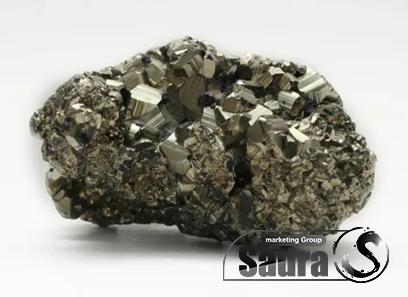
.
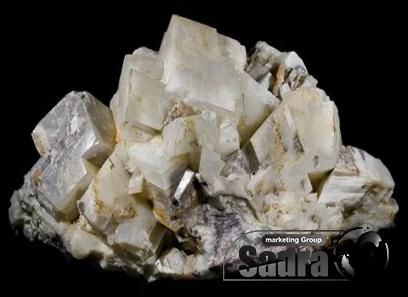 Its fine particle size, low thermal conductivity, and high brightness make it an ideal material for producing glossy paper, coatings, paints, and ceramics. In the rubber industry, kaolin acts as a reinforcing agent, improving durability and minimizing cracking. Its natural abundance, non-toxic properties, and ability to absorb impurities have also made it a key ingredient in cosmetics and skincare products. 2. Bentonite: Bentonite, a type of clay formed from volcanic ash, possesses exceptional properties that make it indispensable in various industrial sectors. Its unique swelling capacity and high water absorption ability have made bentonite an essential component of drilling fluids used in oil and gas exploration.
Its fine particle size, low thermal conductivity, and high brightness make it an ideal material for producing glossy paper, coatings, paints, and ceramics. In the rubber industry, kaolin acts as a reinforcing agent, improving durability and minimizing cracking. Its natural abundance, non-toxic properties, and ability to absorb impurities have also made it a key ingredient in cosmetics and skincare products. 2. Bentonite: Bentonite, a type of clay formed from volcanic ash, possesses exceptional properties that make it indispensable in various industrial sectors. Its unique swelling capacity and high water absorption ability have made bentonite an essential component of drilling fluids used in oil and gas exploration.
..
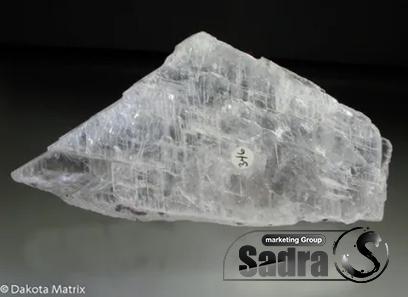 Furthermore, it acts as a binder in foundry molds, preventing the loss of moisture and providing stability during the casting process. Additionally, bentonite plays a significant role in wastewater treatment as a flocculant, absorbing heavy metals and other contaminants from contaminated water. 3. Montmorillonite: Montmorillonite, belonging to the smectite group of clay minerals, is highly valued for its exceptional adsorption capabilities. Its large specific surface area and high cation exchange capacity (CEC) make it an effective bleaching agent in the production of edible oils and fats. Montmorillonite’s adsorptive properties also find applications in groundwater remediation and environmental cleanup, where it effectively absorbs pollutants and contaminants.
Furthermore, it acts as a binder in foundry molds, preventing the loss of moisture and providing stability during the casting process. Additionally, bentonite plays a significant role in wastewater treatment as a flocculant, absorbing heavy metals and other contaminants from contaminated water. 3. Montmorillonite: Montmorillonite, belonging to the smectite group of clay minerals, is highly valued for its exceptional adsorption capabilities. Its large specific surface area and high cation exchange capacity (CEC) make it an effective bleaching agent in the production of edible oils and fats. Montmorillonite’s adsorptive properties also find applications in groundwater remediation and environmental cleanup, where it effectively absorbs pollutants and contaminants.
…
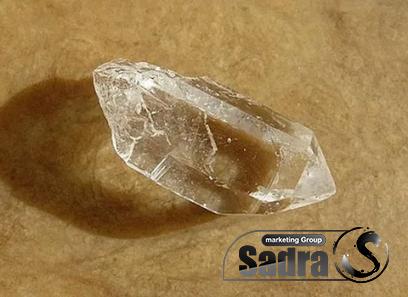 In the pharmaceutical industry, montmorillonite is used in drug formulation for controlled release and enhancing drug stability. Conclusion: In conclusion, common clay minerals such as kaolin, bentonite, and montmorillonite have found application in a plethora of industries. Their unique physical and chemical properties allow them to contribute significantly to various commercial processes. From strengthening ceramics to providing stability in foundry molds, and from improving the quality of paper to facilitating oil and gas exploration, these clay minerals have proven their versatility and importance. As industries continue to evolve, the demand for clay minerals is expected to grow, highlighting their significance in driving innovation and sustainability across multiple sectors.
In the pharmaceutical industry, montmorillonite is used in drug formulation for controlled release and enhancing drug stability. Conclusion: In conclusion, common clay minerals such as kaolin, bentonite, and montmorillonite have found application in a plethora of industries. Their unique physical and chemical properties allow them to contribute significantly to various commercial processes. From strengthening ceramics to providing stability in foundry molds, and from improving the quality of paper to facilitating oil and gas exploration, these clay minerals have proven their versatility and importance. As industries continue to evolve, the demand for clay minerals is expected to grow, highlighting their significance in driving innovation and sustainability across multiple sectors.
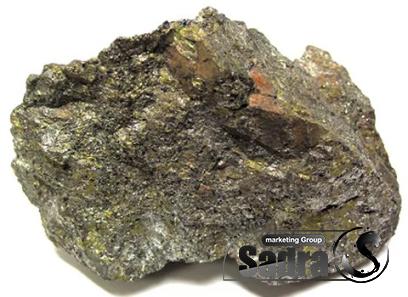
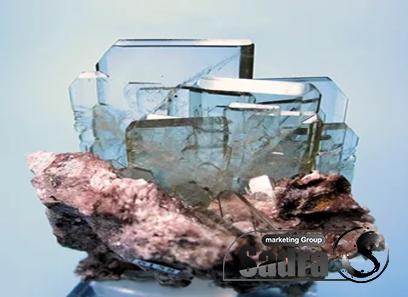
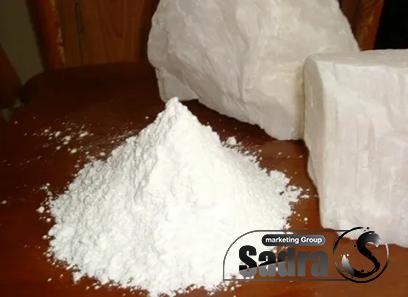
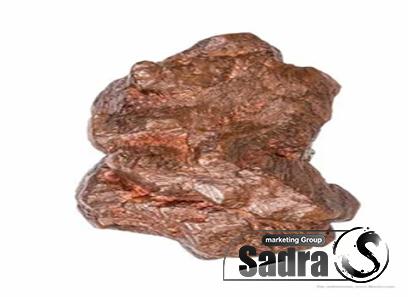
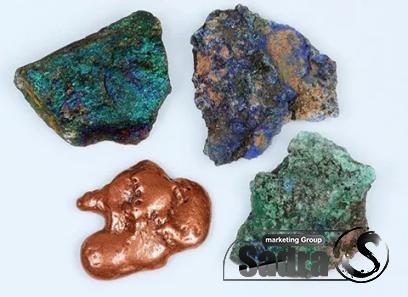
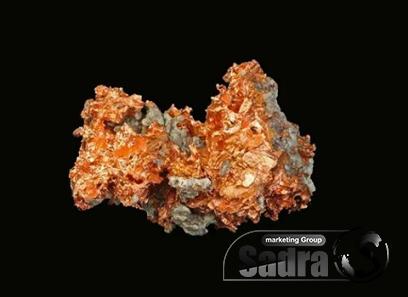
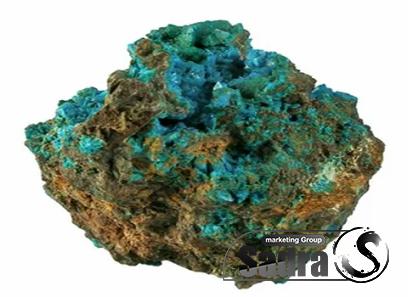
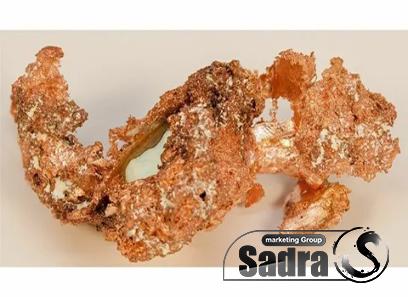
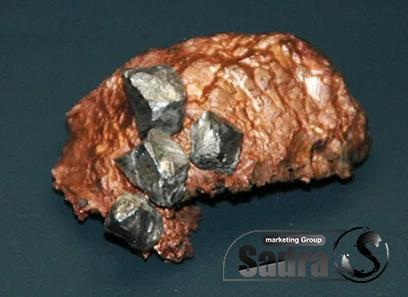
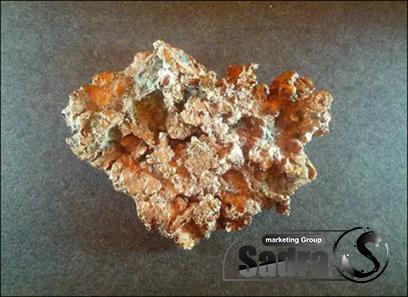
Your comment submitted.